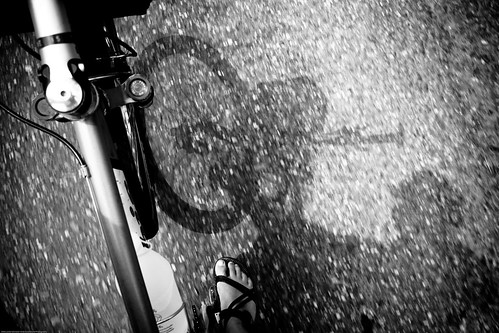
Day 408
Albufeira
We’ve been in Portugal for ten days now and it’s probably about time to share some info. It’s the last country we will visit before returning home in a few weeks.
The southwestern-most country in Europe is definitely one of the most interesting. One might think that it is similar to its neighbor Spain. Surprisingly, Portugal is very unique and is proud to stand on its own.
In terms of the landscape, Portugal covers 92,000 sq kilometers of the Iberian Peninsula and is very diverse. With steep mountains in the north, dry plains in the central region and wetlands in the southeast, the country is home a full range of topography. We have certainly experienced the hilly aspect of the interior on our route from Beja south to the Algarve coast.
Economically, Portugal is one of Europe’s poorest countries. Most of the population works in agriculture while tourism is the largest industry. Lisbon has the lowest cost of living for any European capital city. From a traveler’s perspective, Portugal has so far been one of the best values.
Portugal joined the EU in 1986 and is governed by a parliamentary democracy. It gained its independence in 1140 and includes the autonomous islands of Madeira and the Azores.
Here are some more interesting facts:
Population: 10.6 million (2007)
Major Language: Portuguese (300 million people world wide speak this language)
Number of bicycles produced in 2007: 900,000
Coastline: 1,793 kilometers
Major exports: textiles, port wine, over 50% of the worlds wine corks
Albufeira
We’ve been in Portugal for ten days now and it’s probably about time to share some info. It’s the last country we will visit before returning home in a few weeks.
The southwestern-most country in Europe is definitely one of the most interesting. One might think that it is similar to its neighbor Spain. Surprisingly, Portugal is very unique and is proud to stand on its own.
In terms of the landscape, Portugal covers 92,000 sq kilometers of the Iberian Peninsula and is very diverse. With steep mountains in the north, dry plains in the central region and wetlands in the southeast, the country is home a full range of topography. We have certainly experienced the hilly aspect of the interior on our route from Beja south to the Algarve coast.
Economically, Portugal is one of Europe’s poorest countries. Most of the population works in agriculture while tourism is the largest industry. Lisbon has the lowest cost of living for any European capital city. From a traveler’s perspective, Portugal has so far been one of the best values.
Portugal joined the EU in 1986 and is governed by a parliamentary democracy. It gained its independence in 1140 and includes the autonomous islands of Madeira and the Azores.
Here are some more interesting facts:
Population: 10.6 million (2007)
Major Language: Portuguese (300 million people world wide speak this language)
Number of bicycles produced in 2007: 900,000
Coastline: 1,793 kilometers
Major exports: textiles, port wine, over 50% of the worlds wine corks
LK


1 comment:
Portugal is one of the best kept secrets. It is also called the Mexico of Europe because it is so cheap. My home away from home :)
Post a Comment